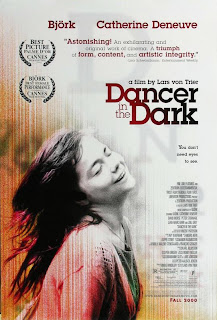
Rituparno Ghosh has made some remarkable movies on the frailties, nuances and undercurrents of human relations, be it Utsab, Dahan or Shubho Mahurat. But his take on male-female equation in his latest outing, Shob Choritro Kalponik, might just have been the most difficult to execute. The movie is about Radhika, a working professional, and the complex relationship she shares with her poet-husband Indranil, more so given that she is involved in an extra-marital affair with Shekhar, who happens to hero-worship Indranil. Radhika isn’t happy in her marriage, but when Indranil suddenly drops dead, she ends up, in a way, being enslaved by his brooding and seemingly inescapable presence. Bipasha Basu and Jishu Sengupta, as Radhika and Shekhar, have delivered surprisingly layered and effective performances, while Prosenjit, as Indranil, has given a wonderfully matured and restrained portrayal in what was easily an author-backed role. And add to that a leisurely narrative that jumps back and forth in time, and the magnetic poetry by Joy Goswami, one of the finest Indian poets alive, and what you have is a movie that could one day be regarded as one of the most important in the Bengali auteur’s oeuvre.

Director: Rituparno Ghosh
Genre: Drama/Psychological Drama/Romance
Language: Bengali
Country: India































